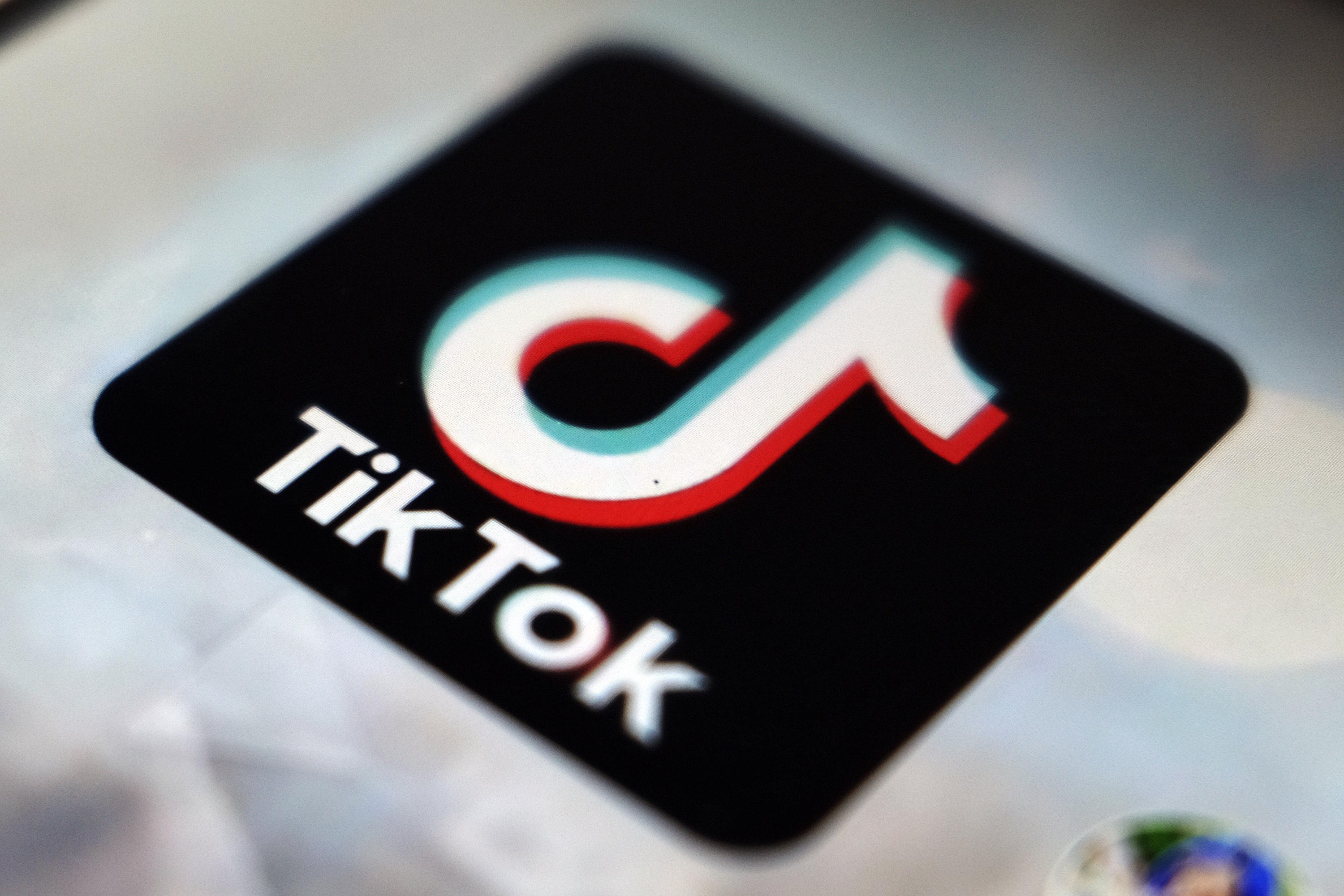The influence of TikTok on the lives of young people worldwide is enormous. But the Chinese social network has also radically changed access and marketing in the music industry, so this sector is preparing for an uncertain future with the imminent ban of the popular app in the United States, as reported by Afp.
In a significant blow to TikTok, the US Supreme Court unanimously upheld the law on Friday that threatens to ban the social network starting this Sunday, which has 170 million users in the United States.
The Congress overwhelmingly passed the legislation last year. It requires the Chinese company to sell TikTok or shut it down in the United States by January 19, although lawmakers and officials across the political spectrum have requested more time.
Tatiana Cirisano, an industry analyst at MIDIA Research, states that the imminent closure of the popular app has created a sense of "marketing apocalypse" throughout the sector.
In recent years, TikTok has been a crucial tool for many musicians: it is a starting point for artists looking to break through and an essential promotional platform for established artists.
In an increasingly fragmented music landscape, Cirisano states that "TikTok has been a kind of lightning rod where popularity could turn into success and where these more dominant cultural moments could occur."
Now, digital marketing companies say that artists are rushing to download and archive their TikTok content before the app shuts down, the "worst possible scenario," says Cassie Petrey, founder of the digital marketing company Crowd Surf. "We have helped many talents build large audiences" on this platform, says Petrey, for whom the closure "is regrettable."
What platform could fill a potential void is a question that the industry is asking; the most obvious parallels are YouTube Shorts and Instagram Reels. Both features were created in the image of TikTok, but neither has enjoyed comparable popularity.
"One thing is to measure the user base or the weekly active users of those platforms," says Cirisano, whose numbers are on par with TikTok. Another thing is the "cultural weight," and in this sense, they "have not had the same impact."
Jahan Karimaghayi, co-founder of the marketing company Benchmob, has urged clients to turn to Instagram, although this app is "more of an art gallery, trying to showcase content to your followers," unlike TikTok, which "is almost like creating content for people who don't follow you," he says.
Sarah Flanagan, an influencer marketing expert in the music industry, says that on TikTok "discovery comes from a viral sound perspective" as opposed to the image. "That's why TikTok has worked so well for music. It's an advantage that YouTube could have," according to Karimaghayi.
Americans are already trying out new alternatives, such as the popular Chinese app for viral videos RedNote, which is already leading downloads on Apple.
Although the ban on TikTok in the United States could provide relief for mental health. "I think there are artists who will breathe a sigh of relief for their mental state if TikTok disappears, due to the pressure of creating content and going viral," says Cirisano.
Unlike high-production music videos, the explosion of short videos has meant that "suddenly artists have been forced to create their own format" instead of working with a full team, explains Flanagan.
TikTok will still be essential for music marketing strategies outside the borders of the United States. Most stars already have teams working on global promotion, and that will not stop even if American or US-based artists cannot use their accounts nationally.
It could benefit already huge markets in places like Latin America and Africa, which could become increasingly dominant.
Likewise, at least for a while, the removal of TikTok will return "power and influence to traditional music players," predicts Flanagan, who believes that "sometimes change is good". Especially because "it limited creativity when everyone wanted to put songs on TikTok."
